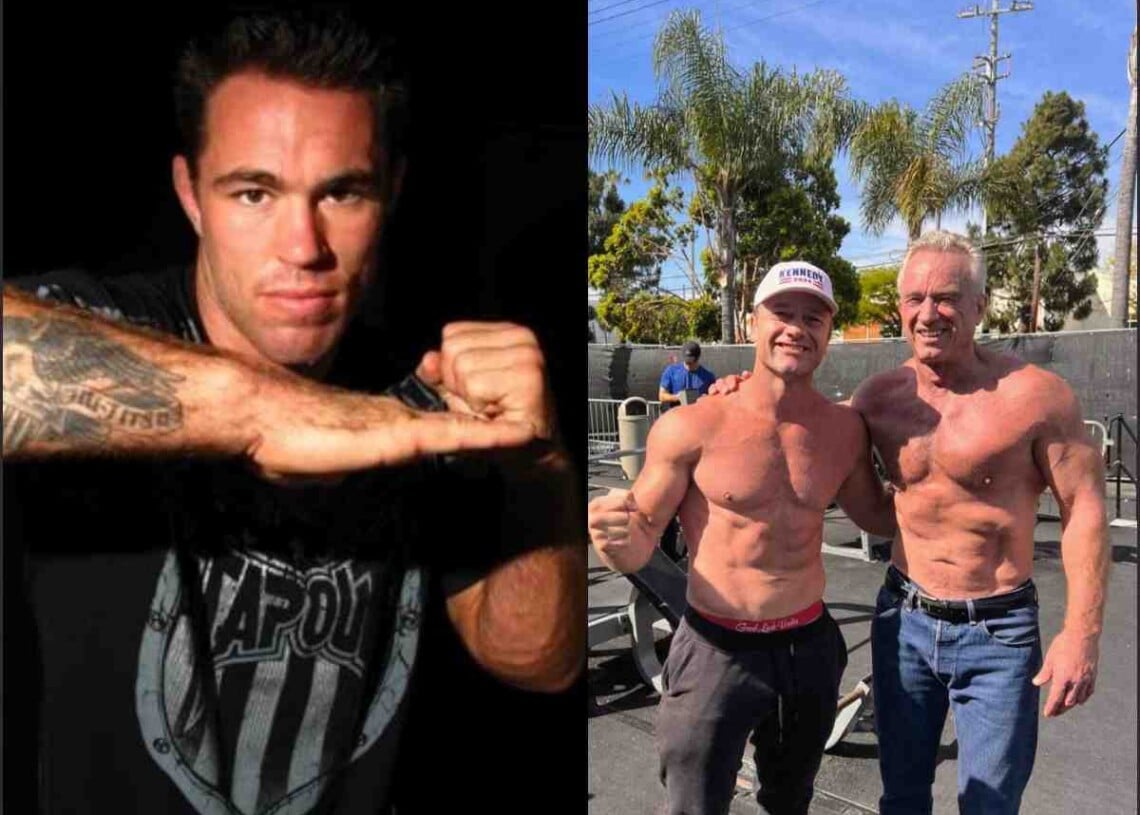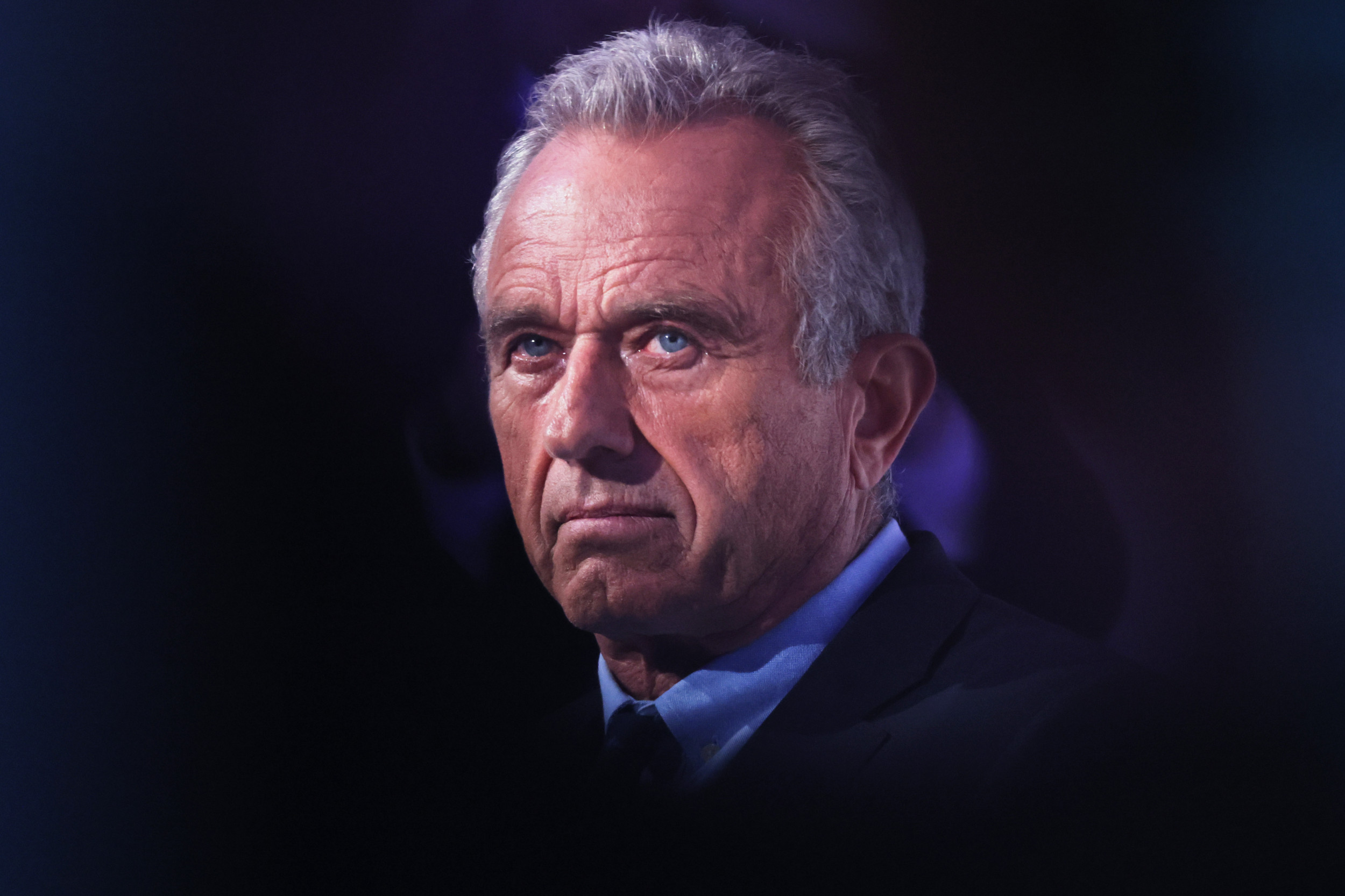Robert F. Kennedy, often referred to as RFK, remains one of the most influential figures in American history. His era, known as the "RFK Age," represents a pivotal time marked by social reform, civil rights advancement, and a commitment to justice. Understanding the RFK Age goes beyond mere historical study; it delves into the values and principles that shaped modern American politics.
The RFK Age is not just about dates and events but the profound transformation of societal norms. Robert F. Kennedy's leadership and vision inspired millions, setting a precedent for future generations to strive for equality and justice. His work during this period continues to resonate in contemporary discussions about human rights and governance.
This article explores the RFK Age comprehensively, highlighting its significance, key milestones, and lasting impact. By examining RFK's contributions and the era he represented, we aim to provide readers with a deeper understanding of how his legacy continues to influence today's world.
Read also:Eliza H Huberdeau The Rising Star In The Entertainment Industry
Table of Contents
- Biography of Robert F. Kennedy
- What is the RFK Age?
- Key Events of the RFK Age
- Social Reforms During RFK's Era
- Civil Rights Movement and RFK
- Political Impact of the RFK Age
- Legacy of the RFK Age
- Challenges Faced During the RFK Age
- Modern Relevance of RFK's Principles
- Conclusion
Biography of Robert F. Kennedy
Early Life and Education
Robert Francis Kennedy was born on November 20, 1925, in Brookline, Massachusetts. He was the seventh child of Joseph P. Kennedy Sr. and Rose Fitzgerald Kennedy. RFK's early life was shaped by his family's political ambitions and their commitment to public service.
Professional Career
RFK pursued a career in law and politics, graduating from Harvard University and the University of Virginia School of Law. His professional journey included working as a lawyer and serving as the Attorney General under his brother, President John F. Kennedy. Below is a summary of his personal and professional milestones:
| Birthdate | November 20, 1925 |
|---|---|
| Birthplace | Brookline, Massachusetts |
| Education | Harvard University, University of Virginia School of Law |
| Profession | Lawyer, Politician |
| Notable Roles | Attorney General, Senator, Presidential Candidate |
What is the RFK Age?
The RFK Age refers to the period during which Robert F. Kennedy was actively involved in politics and public service. This era spans from the early 1960s until his assassination in 1968. It is characterized by significant social and political changes, driven by RFK's vision for a more just and equitable society.
Key Events of the RFK Age
Major Milestones
Several key events define the RFK Age:
- 1960-1961: RFK serves as Attorney General under President John F. Kennedy.
- 1964: Elected as Senator from New York.
- 1968: Announces his candidacy for the presidency.
Social Reforms During RFK's Era
RFK was a champion of social reforms, advocating for policies that addressed poverty, inequality, and injustice. His efforts included:
- Expanding the Food Stamp Program.
- Supporting the Head Start Program.
- Promoting affordable housing initiatives.
Civil Rights Movement and RFK
RFK's Role in Civil Rights
RFK played a crucial role in advancing civil rights during his tenure as Attorney General. He worked tirelessly to enforce desegregation laws and protect the rights of African Americans. His commitment to justice earned him widespread respect and admiration.
Read also:Julia Butters The Rising Star Who Captivates Hearts Worldwide
Political Impact of the RFK Age
The RFK Age significantly influenced American politics, shaping policies and inspiring future leaders. RFK's emphasis on compassion and empathy in governance set a new standard for political leadership.
Legacy of the RFK Age
Enduring Influence
RFK's legacy continues to inspire activists and leaders worldwide. His vision for a just society remains relevant today, guiding efforts to address systemic inequalities and promote human rights.
Challenges Faced During the RFK Age
Despite his achievements, RFK faced numerous challenges during his era. Opposition from conservative forces and the complexities of political negotiations tested his resolve. However, his unwavering commitment to his principles ensured lasting change.
Modern Relevance of RFK's Principles
RFK's principles of justice, equality, and compassion remain highly relevant in today's world. They serve as a guiding light for addressing contemporary issues such as climate change, economic inequality, and social injustice.
Conclusion
The RFK Age represents a transformative period in American history, marked by significant social and political advancements. RFK's leadership and vision continue to inspire efforts toward a more just and equitable society. We encourage readers to reflect on RFK's legacy and consider how his principles can inform their own actions. Share your thoughts in the comments below and explore more articles on our website for further insights into historical and contemporary issues.
:max_bytes(150000):strip_icc():focal(749x0:751x2)/rfk-jfk-split-050823-53deb3bc94f74b13b1d3008f94335e2a.jpg)

